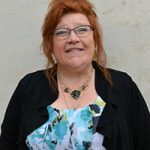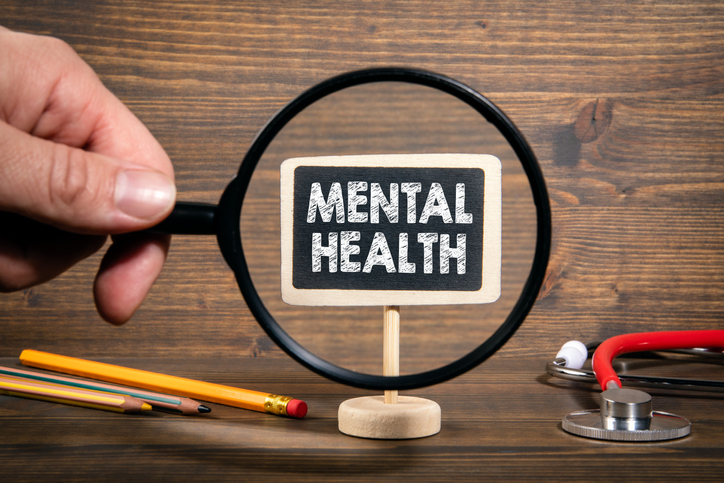The night before the San Francisco officials entered our “shelter in place” deadline in response to COVID-19, or the Coronavirus, I stopped into Safeway to pick up cat litter and toilet paper and was enveloped in full-on panic vibe. For the third day in a row there was no toilet paper, the meat area and pasta areas were empty, and people were walking around with heaped carts. The longer I was there the more I could feel my anxiety rise, and I impulsively put an extra bag of Tide Pods in my cart even though I don’t need detergent right now! Then somebody coughed in the produce section and everyone turned and looked at them. In a moment, the poor woman was a source of focused anxiety and judgment - a selfish person who might be putting all of us at risk! The woman was horrified, and compulsively assured everyone that they had allergies.
I am reminded of a resurgence of questioning whether addiction truly deserves the protected status of disability under the ADA, a rejection of the disease model of addiction in favor of it being a choice unlike other “legitimate” mental and physical illnesses. When these questions occur, and then are acted on in NIMBY incidents, we have moved past stigma to discrimination. While the coronavirus will run its course, addiction is a chronic illness and the need for ongoing advocacy to support the rights and access to the full continuum of care. This includes CCAPP legislation advocacy and recovery organization coalitions, and addressing discrimination and stigma when expressed in our own communities and social circles. We have an ethical responsibility of social interest as CADC counselors to speak for those who are not in a position to speak for themselves and communicate the reality and possibility of long-term recovery that many of us embody. People in recovery are neighbors, co-workers, leaders, and VOTERS.

Mary Crocker Cook, D.Min., LMFT, LAADC, CADCII
I have spent more than 25 years training chemical dependency counselors and they are my favorite people. For the most part, they’re either in personal addiction recovery or they are family members who have been touched by the chaos of addiction. The very passion that brings us to this work is the potential foundation for burnout and relapse if those issues are not identified and addressed throughout a counselor’s career.
I plan to address codependency from early attachment disruption perspective, which results in both codependent behaviors as well as immune system damage. When I see counselors relapse or abruptly leave a career they trained to enter I always wonder about the triggers they faced that they couldn’t manage without imploding. Our clients and co-workers can put their finger on our unhealed wounds on a regular basis due to our ability to identify with them. In fact, our identification is a mixed blessing. I can draw compassion from my ability to identify. I can also step into my own blind spots and reactivity that may go unchecked without proper support and awareness.
Working with a cognitively impaired, emotionally reactive and defensive population with profound trust issues is a challenge that only people with a calling will enter and remain. This book addresses the challenges and offers tools to help talented counselors remain in the addiction counseling profession. We need you.

